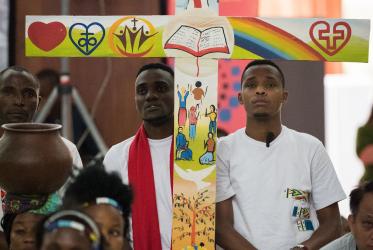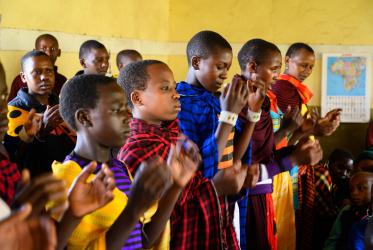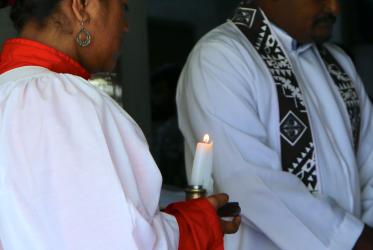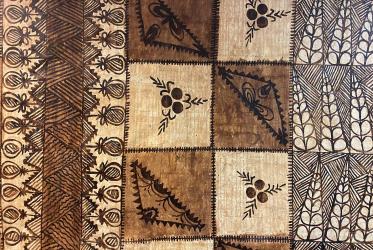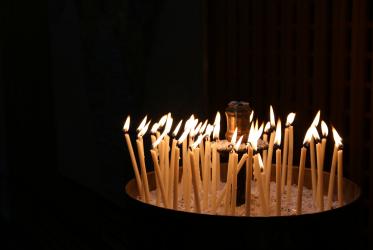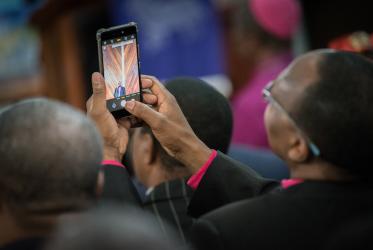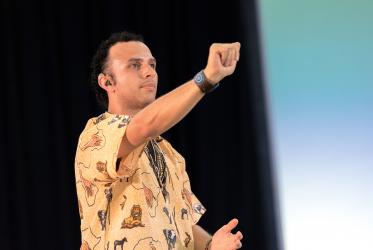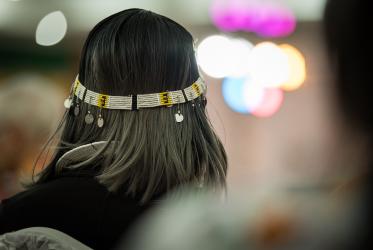The World Council of Churches (WCC) Communication has published new internal guidelines to ensure inclusive and accessible communication. In the recent past, WCC communication has been stepping up efforts to have a more inclusive and accessible communication. One example is that the development of the new WCC website took into consideration accessibility needs of persons with disabilities. Another example: the WCC has been testing sign language interpreta-tion in webinars. In 2021, the communication team explored even more ways to ensure our communication work is inclusive and maintains high accessibility as we prepare for the WCC 11th Assembly in Karlsruhe—and beyond. All this necessitated the need to have guidelines for inclusive and accessible communication.
27 May 2021
